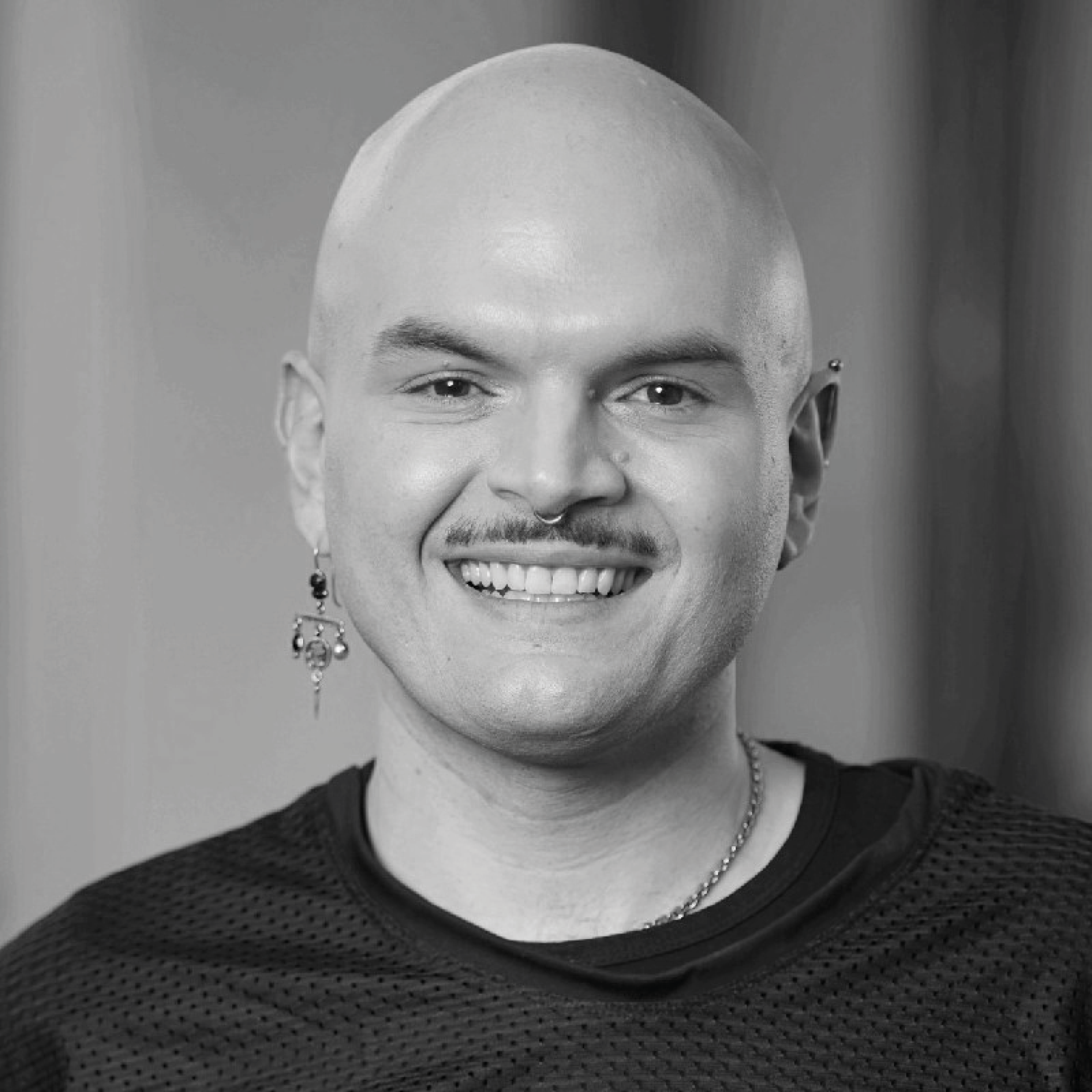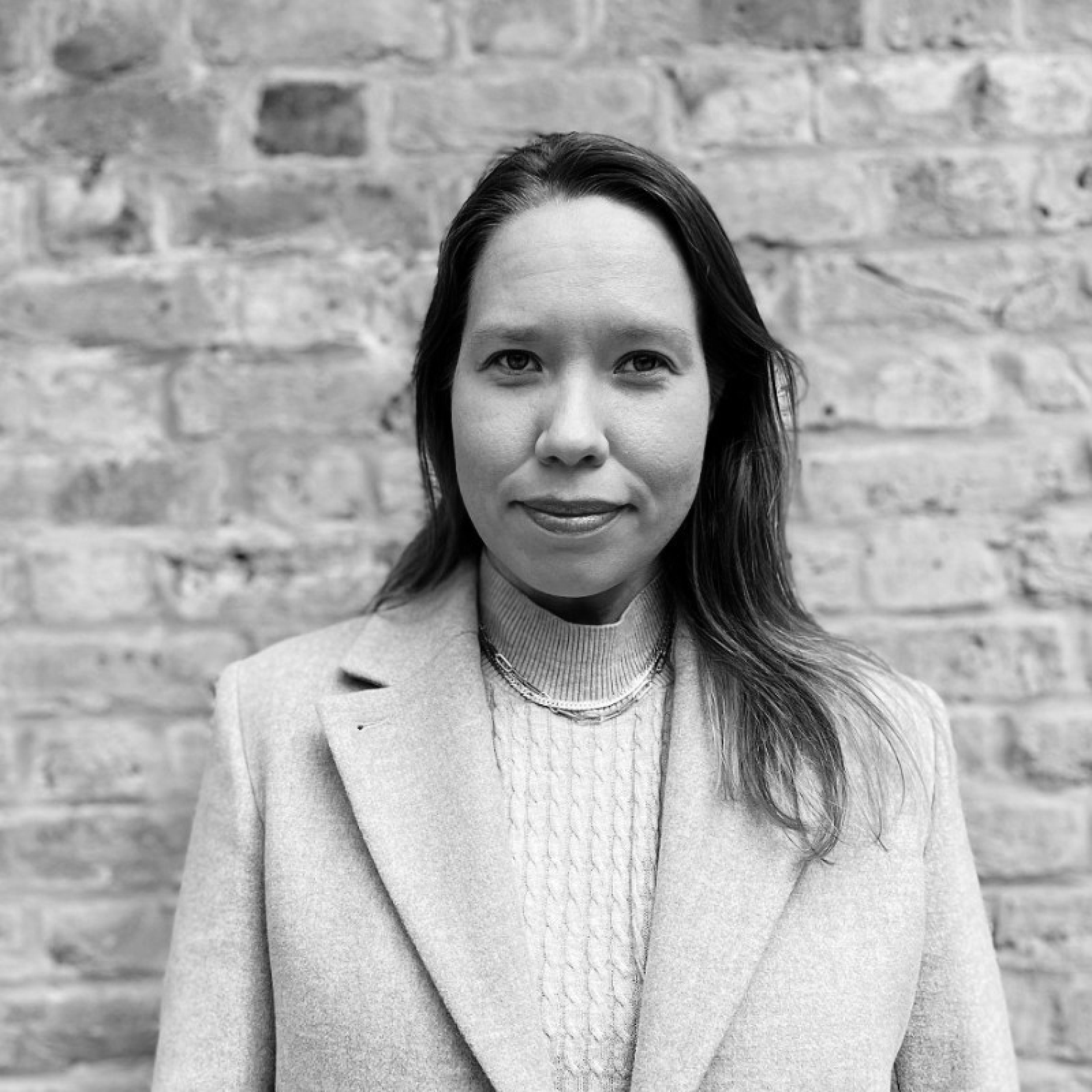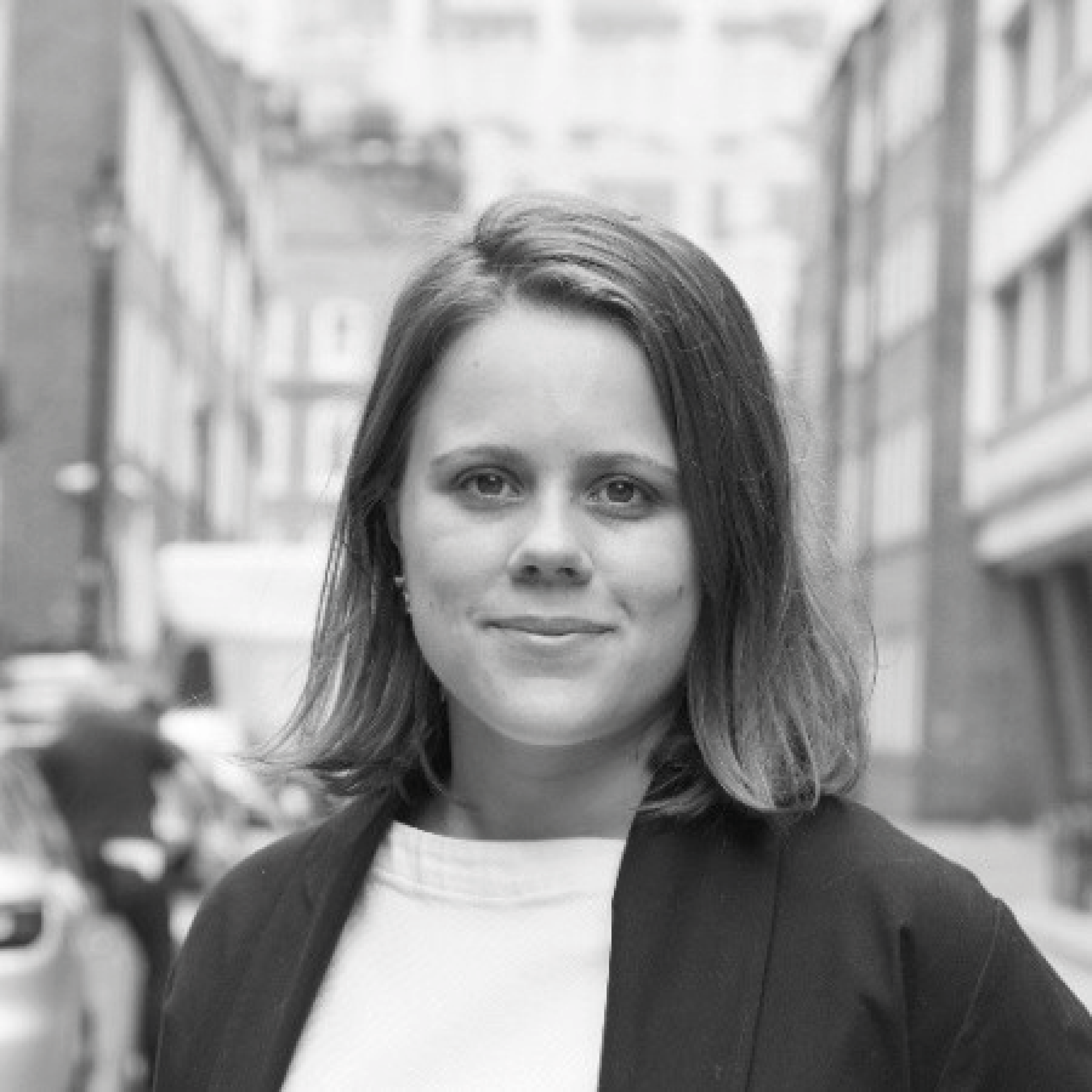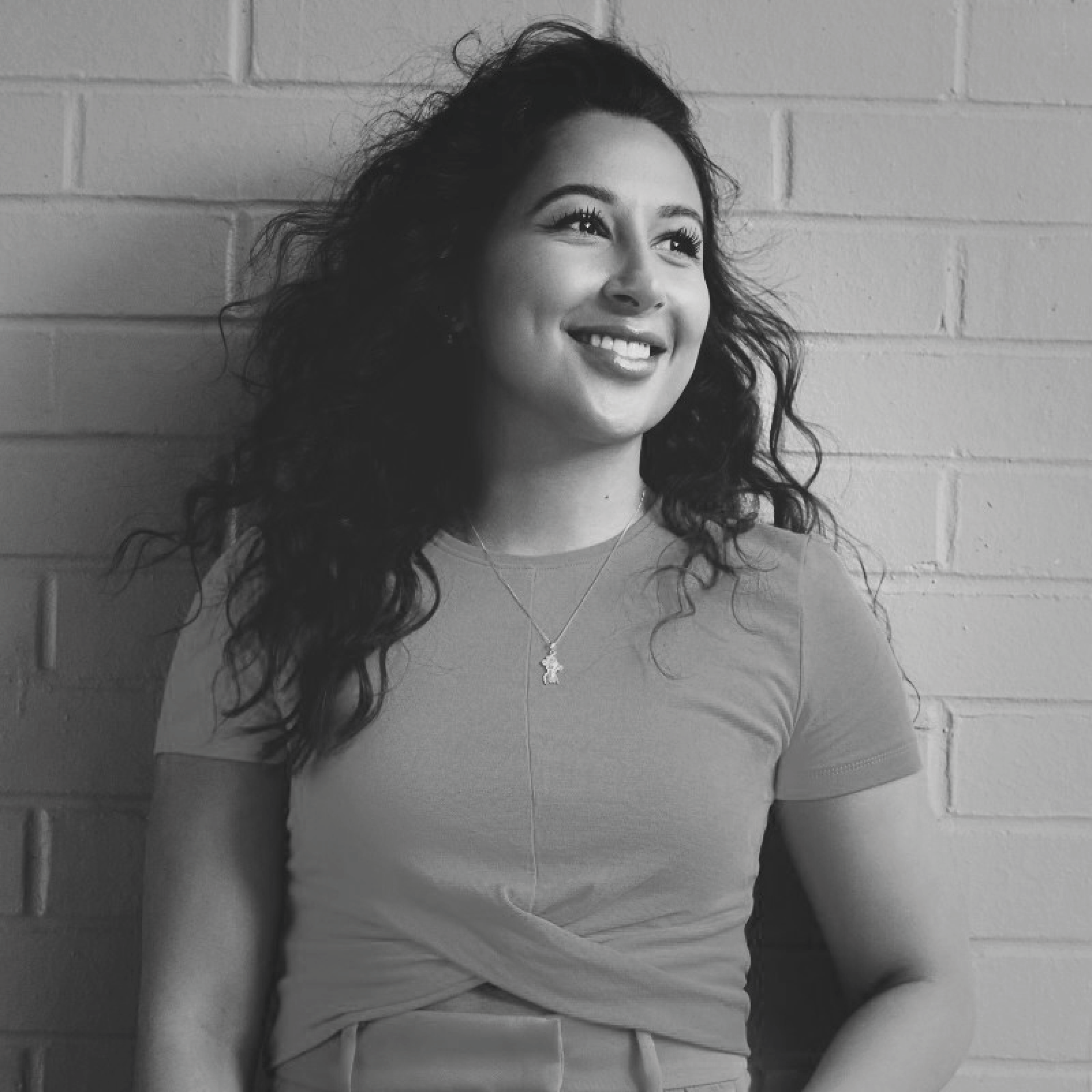THE BETTER WHY PEER CONNECTIONS LIVE
Breaking barriers, building bonds: Pioneering inclusive innovation.
On Wednesday, September 27th, C Space convened a dynamic panel of industry experts, led by MRS CEO Jane Frost and featuring voices like Ella Majava and Efrain Ayala, to delve into the transformative role of brands in shaping an inclusive future. Watch back and dive into the key takeaways from the session.
C Space hosted a panel discussion on Wednesday, September 27, discussing how brands can innovate products, services, and brand experiences to shape a more inclusive future. Facilitated by Jane Frost, MRS CEO, and featuring Ella Majava, Practice Director of Inclusive Innovation, Efrain Ayala, Global Creativity and D&I Director at Reckitt, Imogen Berman, Director of Inclusive Innovation at Interbrand, and Rochana Jackson, CEO & Founder of Wai Way, this session explored how brands can reshape the landscape of business strategy.
Read more from the panellists below or watch the stream above to find out more about this insightful session.
Efrain Ayala: Purposeful marketing is about consumer-centricity, and creating capabilities that cater to that.

Efrain Ayala is a WFA D&I Ambassador and Global Creativity & DEI Director at Reckitt.
When it comes to Diversity, Equity, and Inclusion (DEI), it’s not only about category and brand insight. It’s about putting people first, and if we really want to do that, it’s about looking at people who are traditionally being dismissed or ignored. At Reckitt, we align the brands we work within recognisable frameworks, that provide meaningful and measurable goals to aspire to. For example, with a healthcare brand we work with, we have a common purpose – to put people before pain – but alongside that clear goal, we have to understand the context we’re living in.
In the UK, 1 in 2 women have their pain ignored and dismissed – because it’s assumed that pain is emotional, or stress related, or “because that’s what it’s like to be a woman.” As a result, more women suffer chronic illnesses, and their day-to-day pain isn’t being recognised or treated. Through defining an inclusion commitment, we can really lean into the needs that customers have, and as a business, close that gap and become category leaders.
For decades, companies have focused on binary demographics, homogenising human categories. It’s only when groups are understood as humans rather than data cuts that you can truly address needs inclusively and enable confidence in choices, which is impossible to achieve when you are only speaking to a single set of voices. From an insights perspective, the main questions are: Whose perspectives have we overlooked? And how do we engage with all perspectives? You also need to be creating with people rather than just for them. To that aim, we take people into the creative process from the start, and break down the traditional insight, strategist, and consumer roles to work together on challenges. This gives us time and space to reflect on blockers and learnings.
It’s not just a moral imperative to show up for a community – it’s a business imperative as well. Businesses need to think much more specifically about which community is benefited through a specific use of your brand and product. Often brands aren’t putting enough rigour and focus into this process. Then there is retaliation, because your brand has never shown up in that space and hasn’t provided value to that community.
Finally, there’s always a fight with people who reject DEI, but connecting it back to performance is the winning argument. There’s always a fight, but there is always data that supports the argument we’re trying to make.
Ella Majava: Broaden your perspectives on how you start, rather than narrow into specifics before you’re ready.

Ella Majava is a Practice Director for customer-centred insight and innovation at C Space.
When we get a brief, we spend time with the team asking lots of questions. Whose perspectives have we overlooked in the conversation? How do we engage with all perspectives in the conversation so we can address all needs? It is important to take a step back, simply because there are so many questions.
We suggest starting conversations with members of your team who may represent those participating in your research. We also recommend investing in exploratory research to diversify your and your team’s perspectives. Overall, it is important to enhance your understanding of potential category issues. For example, if you are in the travel category, and you start your day reading industry news within that category, you’re not necessarily learning about any unmet or unresolved needs, you’re just learning about what the category is doing today. Why not change that routine to seek out new perspectives, and hear from travel bloggers from disabled, Black or LGBTQIA+ communities? If you constantly cultivate that curiosity, and hear from different voices, you can broaden your perspectives about where you can get started, instead of narrowing into specifics before you’re ready.
When we think and talk about DEI, there are so many different audiences, perspectives, and categories, so the goal is not to become an expert, but to be learning more and remain curious. It’s important to incorporate self-reflection on projects and not hurry things through. A concept we use at C Space is a Power & Privilege wheel where you can assess your own identity and experiences. This gives us space to reflect on topics like gender, to body size, to skin colour. Understanding where you hold power, where you might be pushed to the margins, and where your customers might be, can challenge yourself and your assumptions.
Social change is possible. I think today, with so much polarisation, progress forwards and then push back, it can be hard sometimes to feel hopeful. But progress is constantly happening, and if you zoom out you can see how much of a dramatic shift there has been in the UK around LGBTQIA communities for example. This does make me hopeful for the future.
Imogen Berman: We need to embed further processes into design for human reality, not just for an average that doesn’t exist.

Imogen Berman is a director for user-centred design at Interbrand.
On the positive side, we are starting to see events and movements that don’t only speak to the importance of DEI, but also the specific changes we can make or do to create impact. However, we have to realise that there are significant barriers that we’ve created in the processes that we use within organisations, in the ways that we work, and the resulting designs from those processes.
We are starting to see positive, practical changes, and insight is a big part of that. We’re starting to help our teams set up differently in relation to insight and design research. It’s not that difficult, but it does require some small changes to ways of working and pushing your partners to think differently and strategically about how you set up research programmes. People often misconceive inclusive research as needing to be meaningful to everyone. However, it primarily requires a strategic approach, focusing more on what DEI means for a specific product, brand, interaction, or service, and identifying the unserved needs and interactions across a broader target audience.
At the start of every design process, we look across at the frameworks we have for human capability and one for diversity. We will look at functional barriers that already exist or may exist in the future if we’re designing something new. We also look at emotional and attitudinal barriers, which could be related to size and shape, or gender identity, diet, or religion. We try to look across as many facets of identity as we can to ensure we are representing in the right way. It’s not difficult to shift once you start to change the ways that you work, it’s about making that start.
How can you start? Take a strategic approach to everything. Build processes, that help you structure your thinking around how and why you’re doing things – nothing needs to be a shot in the dark. We also need to emphasise that we can’t always understand someone’s distinct identity or lived experience. Understanding where our empathy may be limited is key. In a lot of cases of lived experience, you really need to listen, understand, and co-create, which is how you avoid making assumptions that haven’t been validated.
I’m hopeful, because I genuinely believe that brands don’t do this will not exist in 10 to 20 years’ time. The most dynamic brands already setting the bar in inclusivity. Apple are doing it; Google are doing it. The brands that are leading the world are already doing this, and brands that don’t change will be disrupted. And finally, don’t pat yourself on the back until you have brought a product or design to the market and at scale!
Rochana Ebini Jackson: Businesses are finally realising that DEI isn’t only the right thing morally – it’s also the right thing for the bottom line.

Rochana Ebini Jackson is Founder & CEO of @theWaiWay and The Wai Way Podcast. She has over 10 years of experience in DEI talent acquisition and was a Global Business Learning & Enablement Partner and DEI Champion at Meta.
While progress over the last 20 years has been relatively slow, recent events have many of us the opportunity to review and reveal the injustices that happen all the time. These events are also occurring in the context of generational shifts, with Gen Z particularly interested in things like ethics, sustainability, and justice. These are core values that businesses are finally starting to realise are important but don’t get spoken about enough. Brands are finally recognising this shift and realising that true innovation must have DEI at its core, as it is crucial to directly engage with users and consumers to address their needs adequately.
On a personal level, when I moved into the health and fitness industry, it was so centred around what is understood as “Diet Culture” – a notion to keep women’s bodies small, conformable, and as thin as possible. The fitness industry is centred around white, cis bodies. The question is, where does my body as a woman of colour fit into that? Are these the same goals I should be ascribing to myself? I saw this as my opportunity where I could help create a space for anyone who identifies as a woman. Physical wellbeing has positive effects on mental wellbeing. This can help any identity that is often pushed to the margins to feel confident. Everyone deserves to have a role model they can look up to and be inspired by.
We have made some progress since the COVID-19 pandemic and the murder of George Floyd, but there is still a long way to go. Challenges include tokenism, a deceleration of hiring underrepresented talent and an overall reduction of roles that focus on DEI. But what gives me hope is the longevity of the change we can create. If I’m part of that change, then generations to come won’t have to work so hard for that change.
To find out more about our Inclusive Innovation practice, Get in touch.


